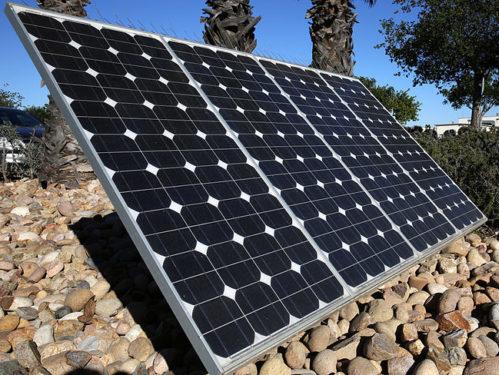Microgrids can Deliver decentralized power,boost renewable energy use and improve public health

Microgrids come in at #78 on Drawdown’s list of climate solutions. Defined as locally-managed electricity generation systems, microgrids can be powered by renewable resources like micro-wind, solar power, in-stream hydro, and biomass energy—whatever resources are available. Drawdown doesn’t quantify the carbon reduction value of microgrids independently, but includes their positive impact in its calculations for each energy source.
The summary points to the value of microgrids as a decentralized network that can shake up the traditional grid networks that feed countries’ ongoing dependence on power from fossil fuels. “This centralized setup hinders society’s transition from dirty energy produced in a few places to clean energy produced everywhere,” Drawdown notes. Microgrids increase access to clean power and also cut down the massive amount of electricity lost in transmission and distribution between centralized power plants and the homes and businesses that use their output. Building an integrated energy infrastructure can also make power supplies more secure.
As semi-autonomous systems, microgrids are also flexible, Drawdown adds. Users can operate from the microgrid when it’s efficient to do so, or draw power from the larger grid when energy supplies or economic conditions dictate a switch. And because they are comparatively small and tap local resources, microgrids can deliver badly-needed resilience in a power outage.
The summary points to microgrids’ potential to boost global economic development. More than a billion people around the world lack access to electricity, and the International Energy Agency (IEA) says microgrids may be the best way to meet the energy needs of up to half of them. Microgrid power would improve local economies, increase educational opportunities, and reduce dependence on diesel and other fossil fuels that currently power homes, businesses, and cell phone towers in the developing world.
That transition is also a matter of public health. In many of the regions where electricity is unavailable, Drawdown explains, people’s energy use depends on kerosene that is expensive, volatile, and toxic. Microgrid electricity would reduce or eliminate the need for the fuel, delivering better health outcomes in rural and remote communities.
Источник://theenergymix.com